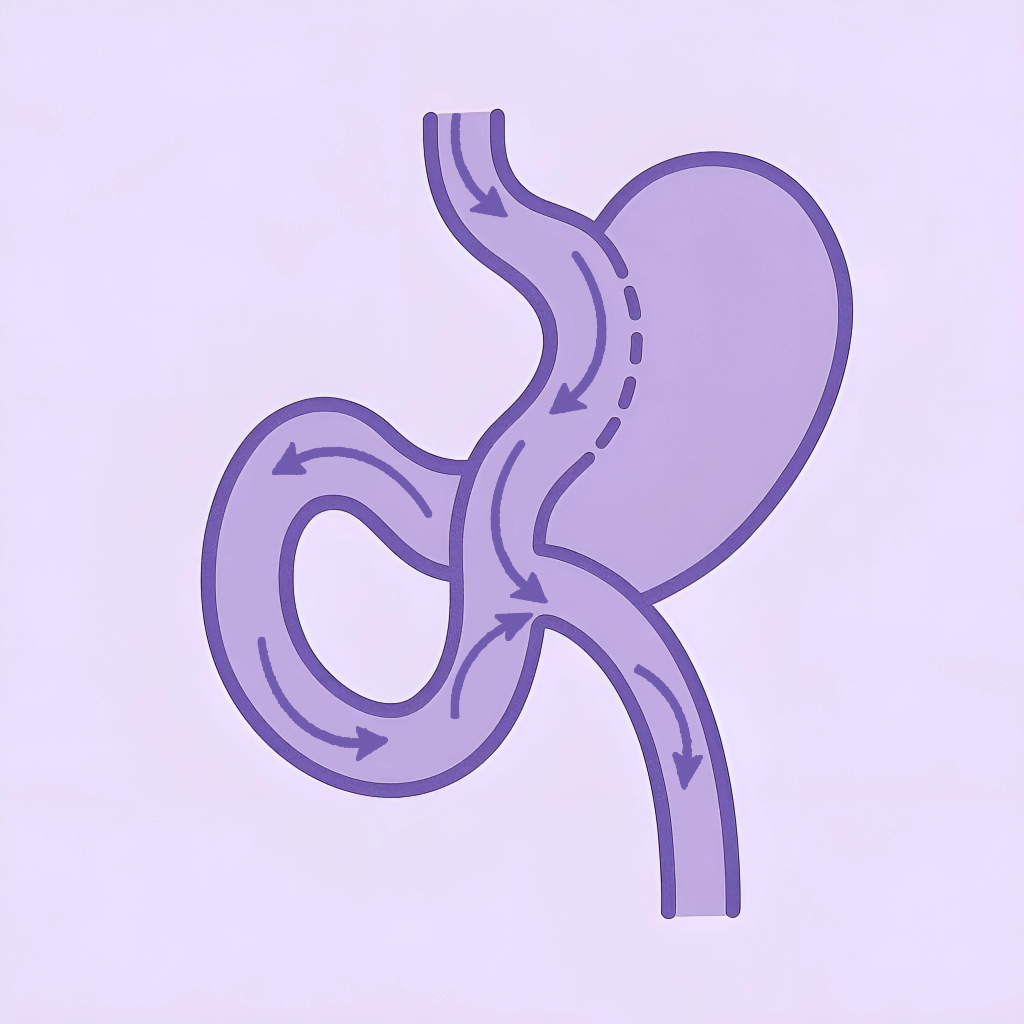Colonoscopy







Colonoscopy is a diagnostic procedure that examines the colon and rectum using a flexible camera to detect abnormalities.
Overview
Colonoscopy is a minimally invasive procedure used to examine the large intestine (colon) and rectum for abnormalities such as polyps, inflammation, ulcers, or cancer. A thin, flexible tube with a camera (colonoscope) is inserted through the rectum to provide a detailed view of the colon’s lining.
This procedure is crucial for detecting and preventing colorectal cancer, diagnosing chronic digestive symptoms, and identifying conditions like Crohn’s disease, ulcerative colitis, and diverticulosis. It is also used to remove polyps, take biopsies, and treat bleeding lesions in the colon.
When is Colonoscopy Recommended?
Colonoscopy is recommended for individuals experiencing persistent digestive symptoms such as rectal bleeding, chronic diarrhea, constipation, unexplained weight loss, or abdominal pain. It is also advised for routine colon cancer screening in individuals over 45 years old or those with a family history of colorectal cancer.
This procedure is essential for monitoring inflammatory bowel diseases (IBD) and assessing previous polyps or abnormal stool test results. It can also be used to confirm findings from imaging tests such as CT scans.
Procedure Details
Colonoscopy is a safe and effective outpatient procedure performed under mild sedation or anesthesia for patient comfort.
A liquid diet is followed for 24 hours before the procedure, and a bowel cleansing solution is taken.A mild sedative or anesthesia is administered.
The colonoscope is inserted through the rectum and advanced through the colon.
The colon lining is examined for abnormalities, and biopsies or polyp removal may be performed if necessary.
The colonoscope is carefully withdrawn, and the patient is monitored before discharge.
Recovery
Recovery from colonoscopy is quick, with most patients able to go home the same day. Mild bloating, cramping, or drowsiness from sedation may occur but typically resolves within a few hours. Patients are advised to avoid heavy meals and alcohol for the rest of the day.
We provide post-procedure care instructions, including dietary recommendations and symptom monitoring. Biopsy or polyp results may take a few days. Most patients can return to normal activities within 24 hours.
Have questions about your treatment?
Our team is available 24/7 with multilingual support.

Frequently Asked Questions
Find answers to common inquiries.
Need personalized support?
WhatsApp us for a quick response—we reply within minutes.
What types of surgeries does Dr. Gül specialize in?
Why choose Türkiye for surgical procedures?
What is the recovery time for most surgeries?
What bariatric procedures are offered at the clinic?
How much weight can I expect to lose after bariatric surgery?
What languages does Dr. Gül and his team speak?
Will I need to take supplements after bariatric surgery?
Does insurance cover these procedures?
Can I combine treatment with travel in Turkey?
What support is available after surgery?
Our Expertise

Sleeve Gastrectomy
Minimally invasive surgery for long-term weight loss with a simple procedure and no rerouting.

Mini Gastric Bypass
Simpler, less invasive gastric bypass for significant weight loss and diabetes control.

Gastric Balloon
A non-surgical, temporary option for moderate weight loss without permanent stomach changes.
Follow Dr. Gül on Instagram





